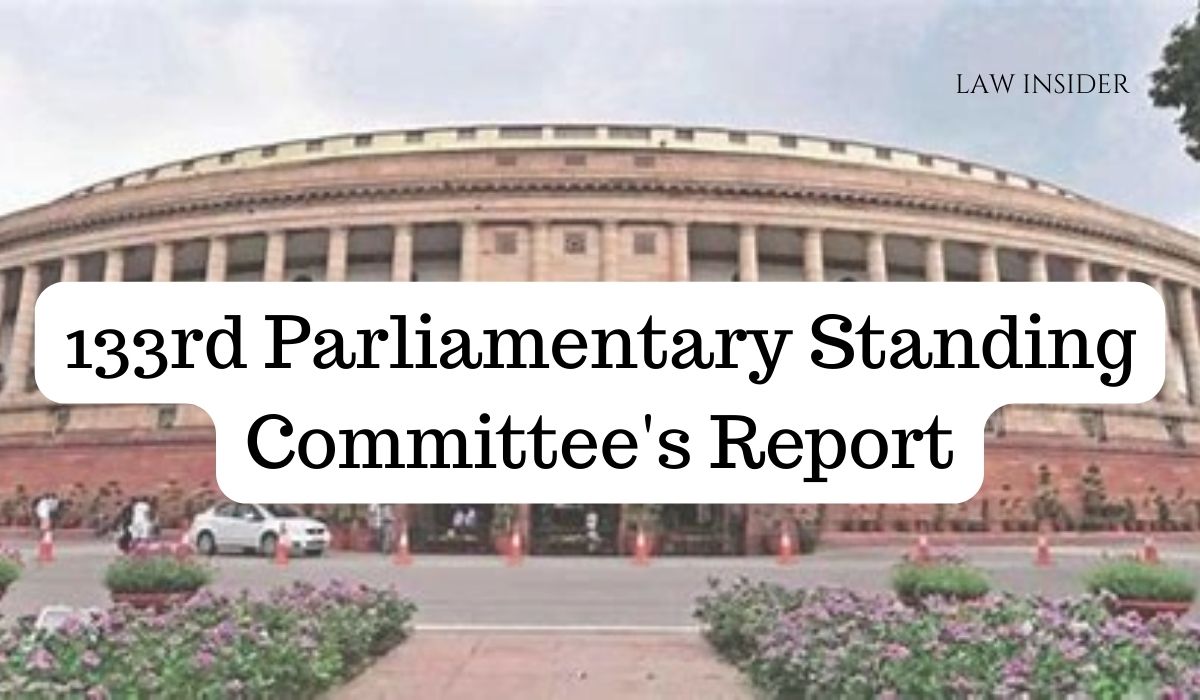LI Network
Published on: 11 August 2023 at 11:45 IST
The 133rd report from the Parliamentary Standing Committee has raised concerns about the inadequate representation of marginalized sections of Indian society in the country’s higher courts.
The report sheds light on the “diversity deficit” within the higher judiciary, including the Supreme Court and High Courts.
Committee Identifies the Issue
Chaired by Rajya Sabha MP Sushil Kumar Modi, the Department-related Parliamentary Standing Committee on Personnel, Public Grievances, Law, and Justice presented its report titled “Judicial Processes and their Reform” on August 7, 2023, to both Houses of Parliament. The report draws attention to the data provided by the government, revealing a significant disparity in representation.
Underrepresentation of Marginalized Groups
Scheduled Castes (SCs), Scheduled Tribes (STs), Other Backward Classes (OBCs), Women, and Minorities are notably underrepresented within the higher judiciary. This disparity fails to reflect the diverse composition of the nation and raises concerns about inclusivity.
Importance of Diverse Representation
The report acknowledges that although there are no reservation provisions for judicial appointments at the High Court and Supreme Court levels, ensuring adequate representation from various segments of Indian society is essential. This inclusivity is believed to enhance trust, credibility, and public acceptance of the judiciary.
Recommendations for Inclusive Appointments
To address this issue, the report suggests that both the Supreme Court and High Court Collegiums recommend an appropriate number of candidates from marginalized sections, including women and minorities, during appointments to the Higher Judiciary. The report proposes incorporating this recommendation into the Memoranda of Procedure (MoP), which is currently being finalized.
Gathering Comprehensive Data
The committee recommends that the Department of Justice in the Union law ministry collect similar data for all judges serving in the Supreme Court and High Courts, building upon the data available since 2018 regarding the social status of High Court judges. This might require amending relevant acts or service rules.
Regional Benches for Enhanced Access to Justice
The report also addresses the need for regional benches of the Supreme Court. Recognizing the challenges faced by litigants from distant regions, such as language barriers and travel expenses, the establishment of regional benches could improve access to justice and reduce the burden on the judiciary.
Rethinking Court Vacations
The report questions the relevance of court vacations, which stem from a colonial legacy. The committee suggests that these vacations do not align with the current legal landscape and can inconvenience litigants. They advocate for discontinuing or modifying court vacations and adopting strategies to address the mounting case pendency.
Enhancing Transparency and Credibility
The report concludes by recommending that Higher Judiciary Judges declare their assets to enhance transparency and credibility within the system. Additionally, the committee encourages High Courts to prepare and publish Annual Reports on their websites, promoting uniformity in reporting practices.

